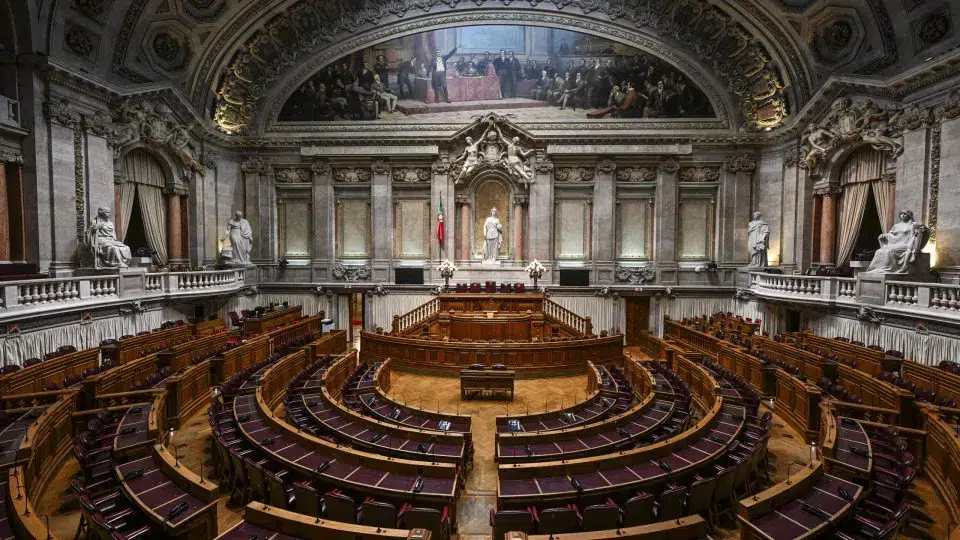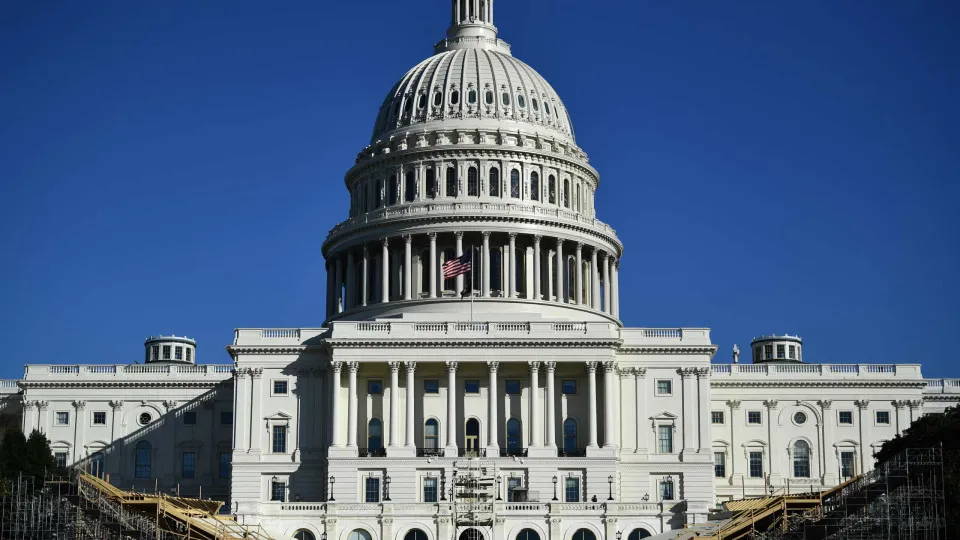
The measures include setting a maximum blood alcohol limit of 0.2 grams per liter, “in line with other European railway networks,” scaling fines according to the severity of the offense, and updating fees due to the Mobility and Transport Institute (IMT).
“Very serious offenses will be punished with fines ranging from 100,000 to 500,000 euros, enhancing the oversight and sanctioning power of the National Railway Safety Authority,” Cristina Pinto Dias emphasized, adding that with these changes “Portugal will no longer have the lightest and lowest sanction framework in Europe.”
The official also noted that the proposal does not alter driving, rest, or break times already provided for in national and European legislation.
During the plenary session, several opposition parties criticized the government for its lack of focus on solving problems in the railway sector.
Liberal Initiative MP Joana Cordeiro deemed it “absurd” that it was necessary to legislate that train drivers cannot work under the influence of alcohol or drugs, accusing the government of “legislating the obvious” instead of addressing issues like “crowded trains, cancellations, continuous delays, poor CP service quality, and worsening difficulties at Fertagus.”
PCP’s Paula Santos warned that “more than 80% of the changes aim to facilitate foreign railway companies’ entry,” accusing the government of transferring inspection responsibility to the PSP and GNR and increasing worker exploitation with changes to rest times.
Bloco de Esquerda MP Andreia Galvão criticized the government for not involving unions and recalled the controversy stirred by members of the government associating rail accidents with alcohol consumption: “Train drivers and all railway workers were outraged, and rightly so, as that is not a cause of accidents in Portugal.”
PS’s José Carlos Barbosa reinforced that “there is no record of railway accidents caused by train drivers under the influence of alcohol” and argued that investment in safety “should include infrastructure investment and worker support.” Socialists also demanded that the government apologize to the profession for past controversial communications. This request was also reiterated by Chega.
Livre’s Isabel Mendes Lopes reminded that “antagonizing train drivers does not solve railway safety problems,” pointing to the fatigue and difficulties faced by workers and advocating for more resources for the National Railway Safety Authority and the Accident Prevention and Investigation Office.
From the PSD, Bruno Faria praised the proposal as “essential to strengthen the legal framework of railway safety, fulfill European commitments, and instill confidence in passengers and workers,” emphasizing that railway modernization also implies “clear safety rules and effective oversight.”
CDS-PP argued that respect for train drivers is “not jeopardized” by stricter safety rules and criticized the PS for not fully transposing European directives in previous legislatures.
Simultaneously, deputies discussed another government bill aiming to consolidate the social and regulatory framework of the road transport sector into a single document, transposing European directives and revoking scattered legislation. Cristina Pinto Dias stated it is about “harmonizing and clarifying concepts,” without altering driving or rest times.
Both bills are now going to be voted on in the specialty.




